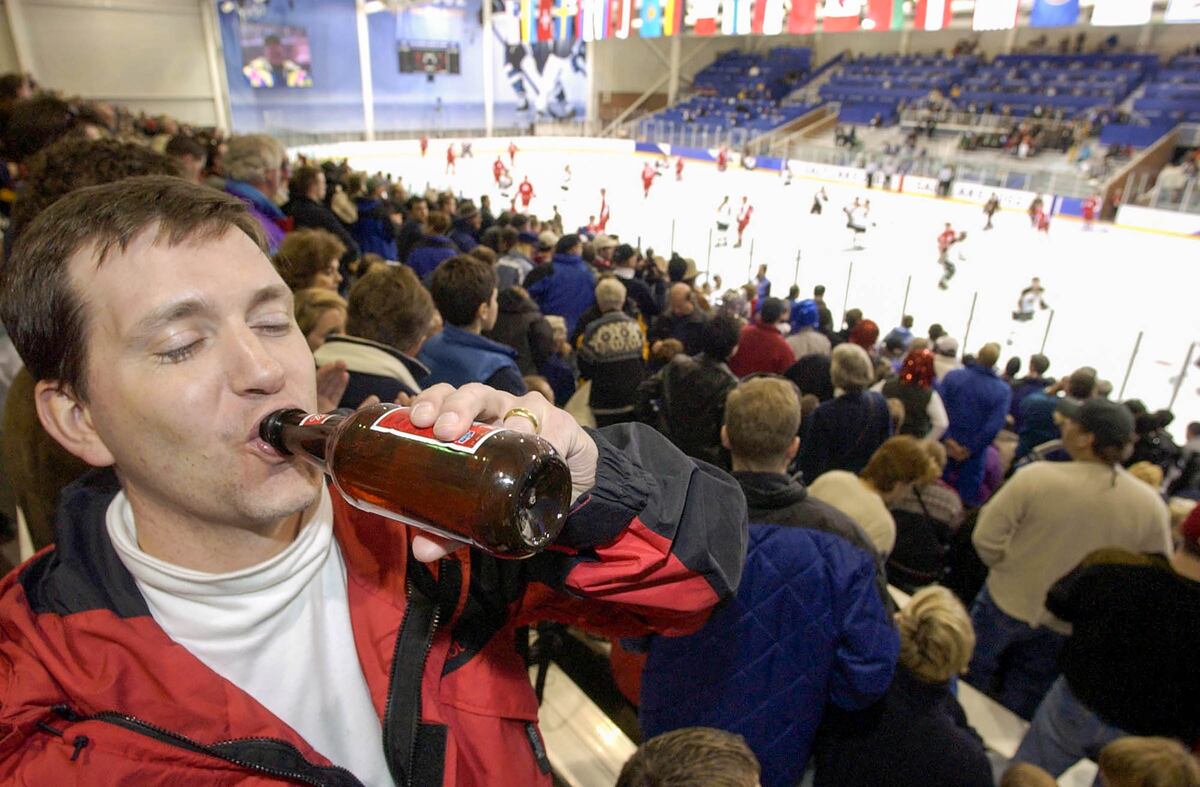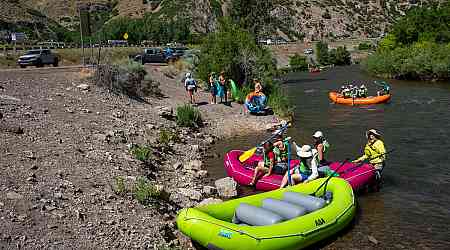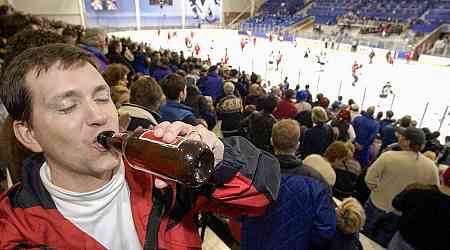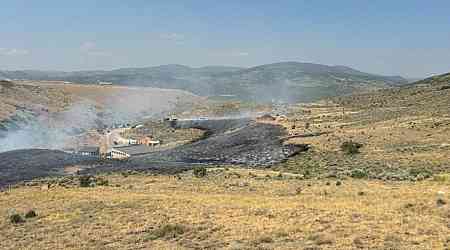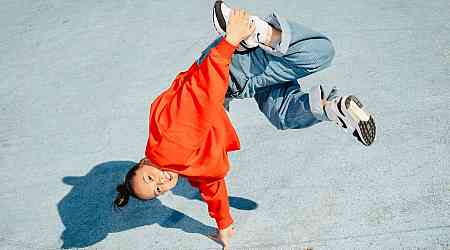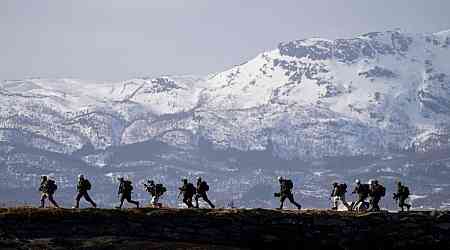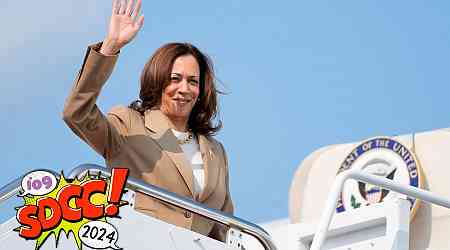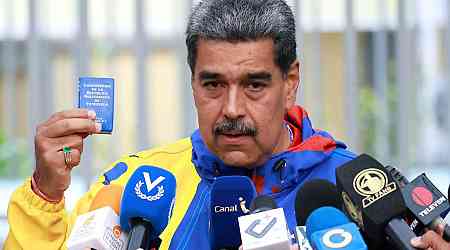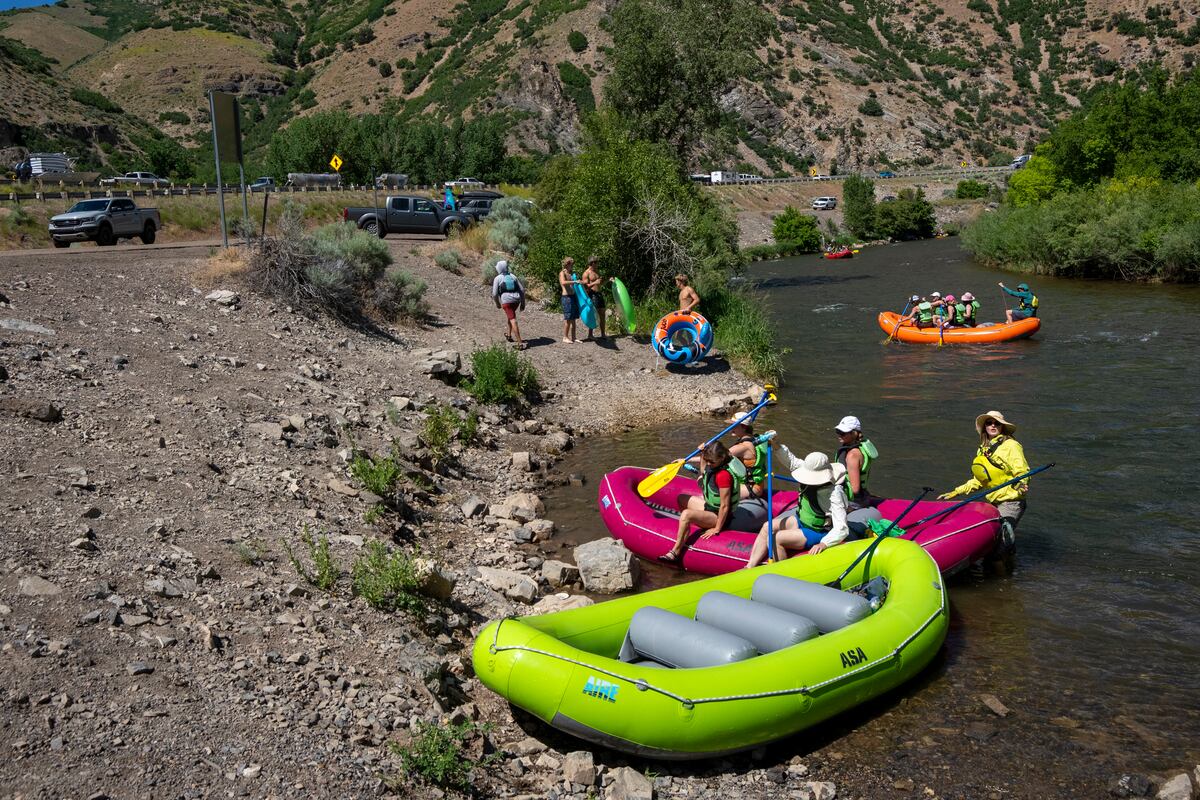If you ask bar and brewery owners which Utah liquor laws they wish could be changed in time for the 2034 Winter Olympics in Salt Lake City, they can come up with a long list.
For example, multiple brewery owners expressed that they’d like higher strength or full-strength beers to be allowed on draft, including Brian Coleman, president of 2 Row Brewing.
“I would like to change the draft beer laws and allow any beer on draft,” Coleman said. Under current law, only beers with a 5% alcohol level can be sold on tap; higher-alcohol beers can only be sold in cans.
”We could limit the pour size on higher ABV beers in exchange,” Coleman said. “Right now, we can pour a 15% beer in a 16-ounce can, which is the equivalent of an entire bottle of wine.”
Quarters Arcade Bar co-owner Katy Willis as well as Sean Neves, who’s founder and co-owner of Bar Nohm, Water Witch and upcoming tiki bar Remora, both want to get rid of Berg systems — the devices that are used to measure liquor and monitor how many drinks are being poured at a bar.
Willis said she’d rather just use a jigger, which is a small double-ended metal measuring cup that she said is more accurate than a Berg, less expensive than a Berg, works with all types of liquor bottles, and doesn’t break down.
Ian Campbell, who is the general manager and sommelier at Log Haven restaurant and has been there since 1996, said he’d like to see heavy beer on tap, too. He also said he’d like to see restaurants like Log Haven not have to get a separate, additional license if they want people to be able to get up and mingle with a drink in their hand at a private event, like a wedding.
Utah Sen. Jerry Stevenson, R-Layton, who is a nondrinker and helps craft the omnibus liquor bill during the annual legislative session, said he hears all kinds of requests as far as liquor law is concerned, some “really, really liberal.”
“But I don’t think we’re going to get to those kinds of things,” he said. “I think we’re going to continue to look at this very logically and look at a logical approach to how we distribute alcohol in the state of Utah.”

Anecdotally, some say the Utah Department of Alcoholic Beverage Control, as it was called, was more benevolent during the 2002 Winter Olympics, loosening alcohol laws while Utah “had company” and letting beer flow freely.
But Michelle Schmitt, spokesperson for the Utah Department of Alcoholic Beverage Services, as it’s now called, said the agency “has no record of department staff practicing greater leniency during the 2002 Olympic Games. ... The couple of staff members who worked for the department back then remember excitement around the 2002 Games but recall no official instruction or documentation regarding adjustments to how they did their jobs.”
“However, Utah’s alcohol laws are updated at least annually by the Utah state Legislature,” Schmitt continued. “The laws were updated in advance of the 2002 Olympics and in all subsequent years.”
Those updates weren’t enough for one person, though, who called for dramatic changes to the way Utah enforced its liquor laws during the 2002 Winter Olympics. As the mayor of Salt Lake City at the time, he was determined to turn around the Beehive State’s image back then as a teetotaling snoozefest where you couldn’t get a drink.
“We got everybody to ease up during the Olympics, because I think they realized how absurd they looked on the world stage,” said Rocky Anderson, the former mayor of Salt Lake City. “And then it was like, everything back to normal after the world’s eye wasn’t any longer on Salt Lake City.”
‘Minister of Fun’
In 2001, Skip Pitou, who was the director of Ski Utah at the time and in charge of marketing Utah skiing, told The Salt Lake Tribune that the Beehive State would routinely get clobbered by competing states, particularly Colorado, over its liquor laws.
“It’s not the reality so much as the perception,” Pitou said. “People who live here and who have visited here know you can get a drink. But trying to sell Utah skiing to those that haven’t been here, it’s always the first question that gets asked. ‘Can I get a drink? Is it any fun there?’”
Leading up to the 2002 Olympics, Salt Lake City got a bad rap in the press over its liquor laws, which at the time included selling hard liquor by the drink in private clubs and allowing only 3.2% beer on tap.
The Los Angeles Times wrote that Utah’s liquor laws are “so arcane and applied with such randomness” that getting a drink may “addle” the brains of Olympic visitors “more than the altitude.”
According to CBS News, “Utah’s myriad regulations governing liquor can be confusing, irritating and — particularly after a couple of stiff belts — even humorous.”
Anderson wanted to change all that.
A few months before the Winter Games, Anderson took some staff members, friends and a handful of journalists out for a night on the town in Salt Lake City. They went out to dinner and visited a few bars and at least two dance clubs, getting drinks along the way. A reporter for The Baltimore Sun apparently had such a good time that the paper dubbed Anderson the city’s “Minister of Fun.”
In an interview this month, Anderson told The Tribune that he worked to create an atmosphere downtown where locals and out-of-towners would feel free to enjoy a drink in celebration of the Olympics.
He turned the Gallivan Center into a venue called Bud World, sponsored by Anheuser-Busch, which featured concerts, the Budweiser Clydesdales and, of course, plenty of beer.
Anderson said he “took a lot of heat” for Bud World in the beginning, “but it turned out to be a fantastic thing.”
“It was a really popular attraction,” he said. “And again, that wouldn’t have been allowed during normal times, probably, but everybody, it seemed like, looked the other way on some of these things.”
Anderson said he also made it easier for 23 international “hospitality houses” operating during the Games to serve as drinking spots for athletes, tourists from those countries and, in some cases, locals looking to experience some foreign flavor, The Tribune reported at the time.

Anderson also said there was an “informal directive” for the Salt Lake City Police Department (SLCPD) to “ease up and use discretion” when it came to citing people for drinking in the streets.
(In response, SLCPD told The Tribune in a statement that “we are not aware of any directive or order that permitted open-carry or consumption of alcohol on public streets during the 2002 Winter Olympics.”)
Anderson wasn’t the only one that contributed to Utah’s festive atmosphere during the 2002 Winter Games.
Sen. Mitt Romney, who was president of the Salt Lake Organizing Committee, did disagree with Anderson’s urging that beer be served at the Winter Olympic medals plaza, which was on land owned by The Church of Jesus Christ of Latter-day Saints, The Tribune reported.
But he later helped convince Provo to allow Budweiser to sell beer at The Peaks, a venue for the men’s quarterfinal hockey matches, The Tribune wrote.
A ‘memorable’ event
In the end, worry over Utah’s image before the Olympics seemed to be forgotten for the most part once the Games started. Campbell, the sommelier for Log Haven, said that while he’d hear a few comments about the state’s liquor laws, they were “never a huge topic of conversation.”
“It wasn’t a big deal,” he continued. “People got their drinks. So I didn’t feel like people obsessed about it at all.”
He remembered the 2002 Winter Olympics being festive and fun, with such celebrities as Mike Eruzione, captain of the 1980 United States national hockey team, and gold medalist skier Picabo Street dining at Log Haven.
“I just think how the city all pulled together and made this event really memorable for all the international folks that came in, I think that was outstanding,” he said. “And not to mention, good for business.”
The Department of Alcoholic Beverage Control took on a new name, the Department of Alcoholic Beverage Services, in 2022 — a change that Tiffany Clason, the executive director of the DABS, said reflected its “service-focused” mission,” The Tribune reported at the time.
Even though Schmitt said the DABS doesn’t have any record of being particularly more lenient during the 2002 Winter Olympics, the agency has shown that it can adapt to a tourist-heavy event.

During the NBA All-Star Weekend in February 2023, the DABS opened a pop-up liquor store for visitors at the Salt Palace Convention Center, the first such store the agency had ever created, The Tribune reported.
The liquor store’s central shelves carried a range of products from Utah distilleries and breweries — including High West Whiskey, Vida Tequila and more. Also for sale were beverages with ties to basketball and the big event, such as Maison No. 9 rose wine from rapper Post Malone.
“The temporary store was opened as a pilot project which the department can refer to in evaluating whether something like this makes sense for other high-tourist events in Utah,” Schmitt said.
As for the 2034 Winter Olympics, Sen. Stevenson said he had “no idea” what the liquor landscape will be like then. The Beehive State’s liquor laws are in “constant evolution,” he said.
However, “we are committed to our deliberative process throughout the next 10 years as we review policies and make adjustments as needed,” he said. “I always appreciate input from our business owners, DABS, legislative colleagues and stakeholders.”
Willis, the co-owner of Quarters, said she hopes that local businesses get a “boost” from the upcoming Winter Games. “I’d like to see engagement with existing businesses for events rather than organizers deciding to build temporary or pop-up spaces,” she said.
“Salt Lake City has so much to offer in the food and beverage scene, and I want visitors to be able to experience that while here for the Olympics,” she continued.
function onSignUp() { const token = grecaptcha.getResponse(); if (!token) { alert("Please verify the reCAPTCHA!"); } else { axios .post( "https://8c0ug47jei.execute-api.us-east-1.amazonaws.com/dev/newsletter/checkCaptcha", { token, env: "PROD", } ) .then(({ data: { message } }) => { console.log(message); if (message === "Human

















